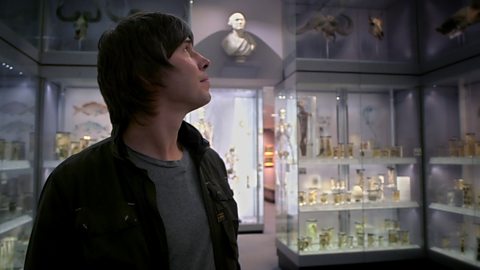Video summary
Professor Brian Cox visits CERN and describes the experiments that are being conducted at the Large Hadron Collider to explore the moments immediately after the Big Bang.
The LHC is the most complicated and expensive experiment ever undertaken, and this short film includes interviews with the physicists from all over the world who work there.
Brian Cox also outlines the scientific process that's taking place, and the principles of a sound scientific experiment.
This short film is from the ±«Óătv series, Science Britannica.
Teacher Notes
This short film will be useful in conveying the importance of repetition and reproduction in scientific investigations.
It can be used to showcase the kind of work that is being done at CERN, and how this work relates to simple experiments done in the classroom.
This short film will be relevant for teaching physics at KS3, GCSE/KS4 and National 4/5 and Higher.
The topics discussed will support OCR, Edexcel, AQA,WJEC GCSE in GCSE in England and Wales, CCEA GCSE in Northern Ireland and SQA National 4/5 and Higher in Scotland, and Cambridge IGCSE Physics.
Sir Isaac Newton and the scientific method. video
Brian Cox outlines the historical context of the era in which Newton began to be interested in the nature of the visible spectrum obtained using a prism.
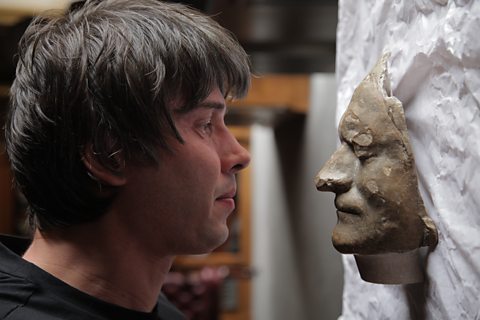
John Tyndall and blue skies research. video
Brian Cox describes the work of John Tyndall and his attempts to explain what makes the sky blue and the sunset red.

Who was Henry Cavendish? video
Professor Brian Cox introduces Henry Cavendish, the 18th Century scientist who investigated hydrogen, came up with the formula H20 and founded the Royal Institution.
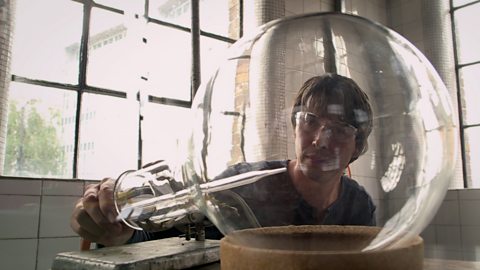
Who was Humphry Davy? video
Brian Cox follows in the footsteps of 19th Century chemist Humphry Davy, recreating one of his explosive experiments that he used to impress the crowds at the Royal Institution.

William Perkin and making scientific discoveries by chance. video
Brian Cox uses William Perkin's discovery of mauveine to explain how scientific discoveries are sometimes made by chance.
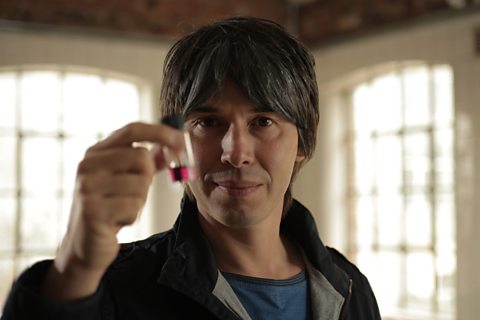
Targeted research. video
Brian Cox learns about targeted research in the modern pharmaceutical industry and how by focusing only on positive results, it fails to report negative results.
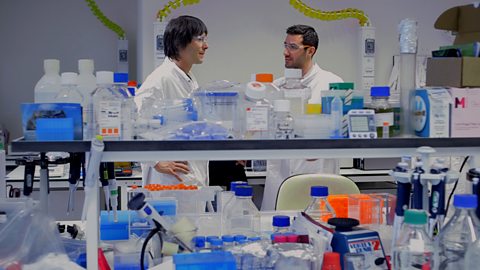
Global warming resistant GM crops. video
Brian Cox outlines the history of the discovery of DNA and how this has led to a controversy over the use of genetic modification in agriculture.
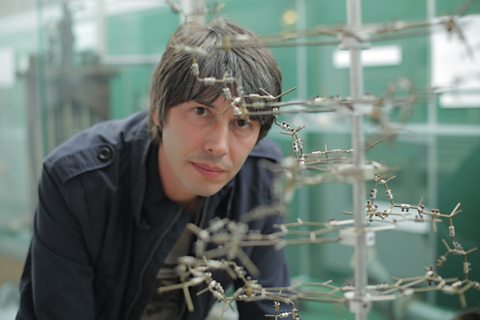
John Hunter and public engagement in science. video
Brian Cox describes how John Hunter pushed the boundaries of medicine using corpses obtained from grave-robbing and how he set up a museum to open minds about medical research.
